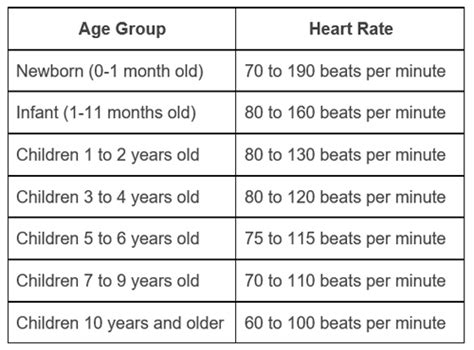What Are Normal Creatine Kinase Levels? Get Answers

The enzyme creatine kinase (CK) plays a pivotal role in the energy production process within cells, particularly in muscle tissue. It facilitates the conversion of creatine and ATP (adenosine triphosphate) into phosphocreatine and ADP (adenosine diphosphate), a reaction that is reversible and essential for supplying energy to muscles during high-intensity, short-duration activities. When muscle cells are damaged, CK is released into the bloodstream, making it a valuable biomarker for assessing muscle injury or disease.
Normal creatine kinase levels can vary significantly among individuals, influenced by factors such as age, sex, exercise intensity, and muscle mass. Generally, CK levels are measured in units per liter (U/L) of blood, with the following ranges considered normal for most adults:
- Males: 55-170 U/L
- Females: 30-135 U/L
However, it’s crucial to understand that these are general guidelines. Some laboratories may have slightly different ranges for what they consider normal due to variations in testing methods and equipment. Moreover, certain conditions or activities can lead to elevated CK levels without indicating a serious health issue. For instance, intense exercise, especially that involving eccentric muscle contractions (like downhill running), can significantly increase CK levels, peaking 24 to 72 hours after the activity.
Factors Influencing CK Levels
Several factors can influence CK levels, including:
- Muscle Damage: Conditions such as muscular dystrophy, acute muscle injury, or myocardial infarction (heart attack) can lead to elevated CK levels.
- Exercise: As mentioned, intense exercise can temporarily elevate CK levels.
- Neuromuscular Diseases: Conditions like polymyositis or dermatomyositis can cause chronic elevations in CK levels.
- Genetic Conditions: Certain genetic disorders, such as muscular dystrophies, can affect CK levels.
- Medications: Some medications, including statins, can cause muscle damage leading to increased CK levels.
- Age and Sex: CK levels naturally vary by age and sex, as indicated by the different normal ranges for males and females.
Interpretation of CK Levels
The interpretation of CK levels should always be done within the context of the patient’s clinical presentation, including symptoms, medical history, and other diagnostic tests. For example:
- Mild Elevations: May be seen after strenuous exercise or minor muscle injury.
- Moderate Elevations: Could indicate more significant muscle damage or the early stages of certain neuromuscular diseases.
- High Elevations: Often associated with severe muscle damage, such as in the case of rhabdomyolysis (a serious syndrome due to direct or indirect muscle injury), or indicative of myocardial infarction.
Conclusion
Understanding normal creatine kinase levels and the factors that influence them is essential for both healthcare providers and individuals interested in their health and performance. CK levels serve as a useful diagnostic tool for assessing muscle integrity and detecting potential issues early. However, elevations in CK levels should be interpreted cautiously, considering the broad range of possible causes and the need for comprehensive evaluation in the context of each individual’s specific circumstances.
What does an elevated creatine kinase level indicate?
+An elevated creatine kinase (CK) level can indicate muscle damage or disease. The level of elevation can provide clues about the severity and potential cause of the muscle injury. It's essential to consider CK levels in the context of clinical presentation and medical history.
How long do creatine kinase levels remain elevated after exercise?
+After intense exercise, creatine kinase levels can remain elevated for 24 to 72 hours, peaking typically within this timeframe. The duration and extent of elevation can depend on the intensity and type of exercise, as well as individual factors such as fitness level and muscle mass.
Can certain medications affect creatine kinase levels?
+Yes, certain medications can affect creatine kinase levels. For example, statins, which are used to lower cholesterol, can cause muscle damage in some individuals, leading to elevated CK levels. It's crucial to inform your healthcare provider about all medications you are taking if you are having CK levels checked.
In conclusion, while creatine kinase levels are a valuable tool for assessing muscle health, their interpretation requires a comprehensive understanding of the individual’s overall health context, including recent physical activity, medical history, and any medications that might influence CK levels. By considering these factors, healthcare providers can effectively use CK levels to diagnose and monitor a range of conditions, from muscle injuries to chronic neuromuscular diseases.


